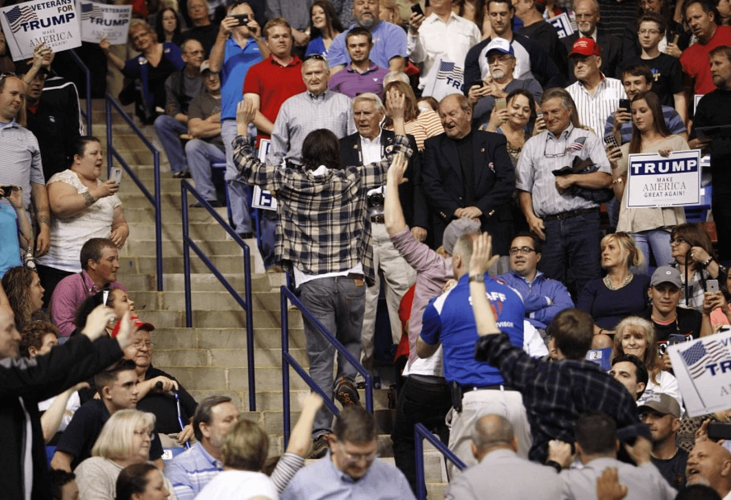It’s no secret that authoritarian populism has been gaining influence since the global economic collapse of 2008. Donald Trump’s shocking rise in the US is the latest manifestation of this, but it has been evident throughout the globe, from Europe to South America. The conventional explanation is growing inequality and stagnant economic growth. But is there more to it than that? Pippa Norris, a lecturer at Harvard’s John F. Kennedy School of Government, thinks so. Read an excerpt from her compelling piece published by the Washington Post below, and chime in with a comment if you feel so moved.
Populist authoritarianism can best be explained as a cultural backlash in Western societies against long-term, ongoing social change.
Over recent decades, the World Values Survey shows that Western societies have been getting gradually more liberal on many social issues, especially among the younger generation and well-educated middle class. That includes egalitarian attitudes toward sex roles, tolerance of fluid gender identities and LGBT rights, support for same-sex marriage, tolerance of diversity, and more secular values, as well as what political scientists call emancipative values, engagement in directly assertive forms of democratic participation, and cosmopolitan support for agencies of global governance.
This long-term generational shift threatens many traditionalists’ cultural values. Less educated and older citizens fear becoming marginalized and left behind within their own countries.
In the United States, evidence from the World Values Survey perfectly illustrates the education gap in these types of cultural values. Well before Trump, a substantial and striking education gap can be observed in American approval of authoritarian leaders. The WVS asked whether Americans approved of “having a strong leader who doesn’t have to bother with congress or elections.” The figure below shows a consistent education gap and growing support for this statement since 2005.
Most remarkably, by the most recent wave in 2011, almost half — 44 percent — of U.S. non-college graduates approved of having a strong leader unchecked by elections and Congress.
Image from Trump rally in Fayetteville, North Carolina. Via Washington Post.
